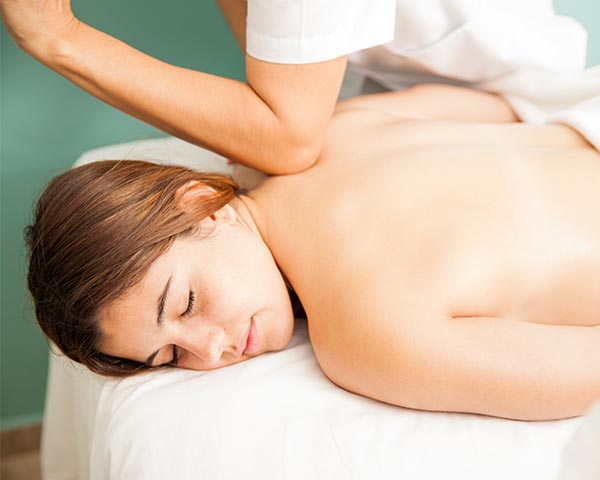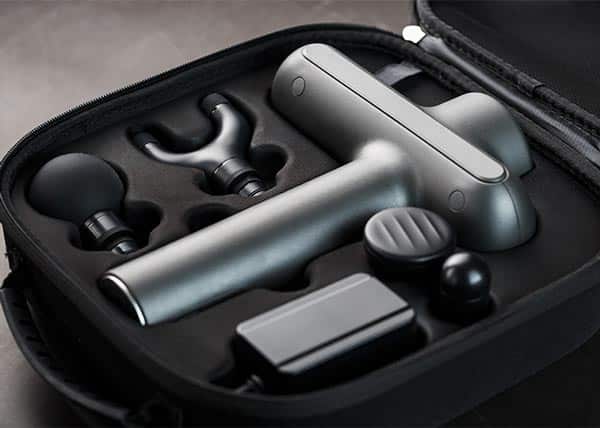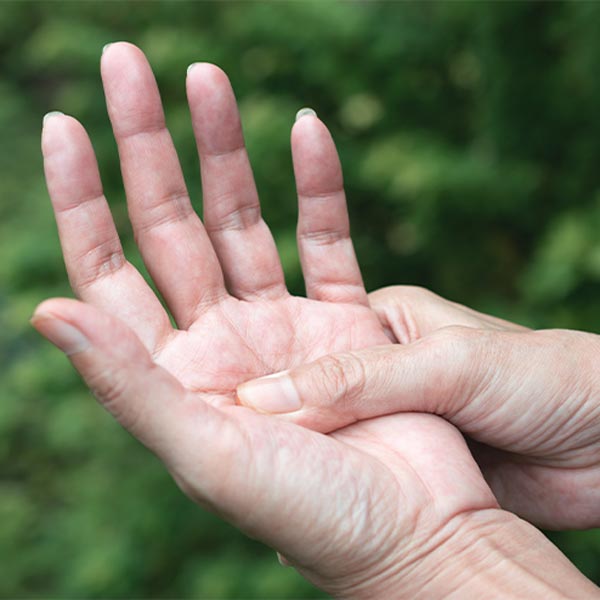Are you struggling with hand cramps or other problems while giving massages?
It’s important to protect your health while you work, particularly as a massage therapist. Around 72 percent of massage therapists work as sole practitioners, which means they may not be protected by company health insurance. So, you need to do what you can to keep yourself healthy while you massage.
Read on for the top ways to rest your massage fingers.
Use Different Techniques to Prepare for Massaging
Mixing up your massage techniques can put less pressure on your muscles and help you massage in a way that causes fewer problems.
First, you should start with the basics. Stretch your fingers, neck, back, and shoulders before you start giving a massage, and after as well. This will help prevent repetitive stress injuries or other complications from overuse. Take plenty of breaks, and make sure that you get enough rest.
Preparing with heat therapy before you work can also be beneficial for keeping your arms in tiptop shape.
When you finish for the day, try icing your hands to prevent inflammation in your hands. Submerging your hands in an ice bath can be a good strategy for icing your hands effectively.
And, make sure your workflow is beneficial for you. Having a table that is too low or too high can put more pressure on your muscles and bones, causing you problems in the long run.

Work Your Way Up
If you’re new to the world of massage, or if you’ve taken a long break, you can’t jump in the deep end. You’ll have to work your way up, to build up the muscle tone and the stamina to do multiple massages a day, many days in a row.
Try not to give massages back to back, either. Take breaks in between, especially when you’re just getting used to the process and the pace. You can also do exercises on your off days in order to build up your strength and keep yourself healthy, or try out various relaxation techniques.
Working your way up will also give you time to understand your limits. You’ll know exactly how deep you can massage, and what your body will be able to do. That way, you’ll be able to communicate your boundaries with your clients so that you’ll both have a good experience.
You’ll know what speed you can massage at to avoid injury for yourself while ensuring that your client gets everything that they need out of their massage experience.

Try Out Your Elbows While Giving Massages
It sounds a little weird, but elbows can be a great way to massage if you’re trying to avoid overusing your hands. Elbows can be used for deep tissue massage, although they may not be helpful when you’re trying to make more delicate movements.
Or, for something a little more delicate, experiment with using your forearms. Just make sure you practice before you try it so that you don’t make a mistake and injury yourself or your client.
Plus, these techniques may not work on different parts of the body — it’s not very effective to use your elbows when giving a foot massage after all.
Try Out Different Types of Massage
Experimenting with different types of massage that use different tools and different parts of your body can be helpful for avoiding putting too much pressure on any one part of your body. Lomi-Lomi massage, for example, uses more forearm work, which is great if your hands need a break from repetitive movement.
Hot stone massage is a popular form of massage that should put very little pressure on your body. Cupping therapy has gained more attention recently, but it also allows you to use cups rather than just your body in order to perform massage, which can give you a break.
Or to try out something completely different, experiment with chavutti thirumal massage or ashiatsu massage. These types of massage allow you to use your feet and legs to perform massage. You’ll simply have to be careful, and not put too much pressure on your clients. Balance is important when performing these types of massage.
Other types of massage that you may want to alternate with include the following:
- Swedish massage
- Sports massage
- Thai massage
- Hand and stone massage
- Trigger point massage
- Aquatic bodywork massage
- Craniosacral therapy
- Aromatherapy massage
- Lymphatic massage
- Deep tissue massage
- Shiatsu massage
- Pregnancy massage
Ultimately, it takes experimentation and variety to protect yourself from problems based on your massaging. Eventually, you’ll find a pattern that’s right for you.

Massage Hand Tools Can Help You Out
There are tools out there you can use to give massages while giving your hands a rest. Electric massagers or back massagers can be a useful complement to your hands when giving massages, and they tend to be very thorough.
You could look into using biomechanical stimulation therapy for your clients. There are thumb cover tools to help you protect your thumbs and keep them positioned properly.
Other tools to consider include back rollers, percussion massage tools, roller tools, massage tools, massage balls, muscle massagers, foam rollers, scalp massagers, lacrosse balls, acupressure rings, and so many others.
Consider what type of massage you prefer to perform, and buy tools that suit their needs.
Rest Your Tired Massage Fingers Today
With these tips, you should be well on your way to giving massages without overextending your tired massage fingers.
Are you looking for more ways to upgrade your salon? Contact us today for all your salon software needs.



